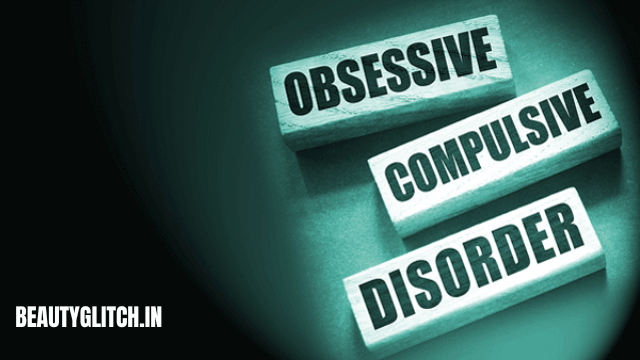OCD Awareness Week 2016
Due to the fast approach of OCD Awareness Week, 2016, we decided that we ought to do all that we can to help spread awareness of this disorder! OCD Awareness Week 2016 is being held from the 9th of October until the 15th of October, 2016.
Obsessive Compulsive Disorder (OCD)
Obsessive Compulsive Disorder (OCD), once a normal condition, has now evolved to be a severe anxiety disorder. It is characterized by repetitive thoughts and actions, mostly depressing. These can include fears and obsessions they can’t control. In order to get rid of these thoughts, they get habituated to perform certain actions or ‘rituals’ that help divert their attention like hand washing, counting of things, and checking to see if a door is locked. This condition can also cause an increased risk of suicide.
Causes
The exact causes of OCD are unknown. There could be anything that could trigger this condition, but the most commonly observed ones are:
1. Biological Factors
In addition to the fact that OCD can be transmitted from parents to children through genetics and its higher rate of infliction in identical twins, there is also a belief among scientists that OCD could be caused due to the problems in the pathways of the brain linked to judgement, planning and carrying out body movements.
2. Environmental Factors
The condition could be triggered due to any reason ranging from the loss of a loved one, changing homes, illness; to abuse.
Symptoms
Firstly, to create awareness for the OCD awareness week, one must first know how to spot if you are suffering from OCD or if someone you know is suffering from it.
Most people suffering from OCD fall into the following categories apart from the regular symptoms that we could observe as given below.
1. Washers
They have a habit of repeatedly washing their hands or legs, fearing contamination.
2. Checkers
Keep checking things repeatedly, for example, if a door is properly locked or if a switch is turned off
3. Doubters
They believe that nothing is to go wrong in their daily life and if it does by mistake, that they would be punished.
4. Counters and Arrangers
They have an obsession with a particular number or are firmly fixed about having things in an order.
5. Hoarders
They have a huge problem with getting rid of things, which makes them to not throw anything, whether useful or not.
The symptoms of OCD are Classified into two primary conditions
1. Obsessions
While these thoughts, images or impulses that you have are involuntary, they still do exist. In addition to that, they are often disturbing and distracting. The most common obsessions include:
- Fear of harming yourself and others around you
- Excessive focus on religion or moral ideas
- Superstitions- Enough said!
- Determined about maintaining order and symmetry in almost everything
- Fear of contamination of any sort
2. Compulsions
On the other hand, these are methods employed to get rid of the obsessive thoughts, more commonly known as ‘rituals’. The most commonly practiced ‘rituals’ are-
- Washing or cleaning yourself for anything else multiple times
- Arranging already arranged things excessively
- Double checking things, like turning off the oven etc.
- Making sure loved ones are safe by checking in on them more than required
- Not throwing away things at all
Diagnosis
There isn’t any lab procedure to diagnose OCD, however, the doctor could always help you find it out by a observing your symptoms and day to day activities. It is highly advisable that you visit a doctor if you doubt that you might be suffering from OCD since, it isn’t to be left unattended to.
Self Help For OCD
- Exercise regularly
- Sleep well
- Stay connected to your family and friends
- Face your fears head on, rather than running away from them
- Instead of practicing rituals to divert your disturbing thoughts, write down those thoughts. This would help you get rid of them eventually.
Treatment
There are two main methods involved in treating OCD.
1. Cognitive Behavioral Therapy
In this therapy, the victims are taught to overcome, or more appropriately, confront their fears. This therapy also reduces the catastrophic thinking that is most observed in cases of OCD.
2. Medication Therapy
In this therapy, antidepressants such as selective serotonin reuptake inhibitors (SSRI) like, luvox, prozac, and zoloft, older drugs-tricyclic antidepressants like anafranil and some atypical antipsychotics, such as risperdal or abilify are used to treat OCD.
Sometimes, when none of the above therapies work, like in the case of severe and advanced OCD, electroconvulsive therapy (ECT) psychotherapy is used.
Is OCD Common?
Although it could occur at any age, OCD is highly possible to occur in a human from the age of six, when he/she really starts to be a part of this world. In India, there are more than 1 million cases of OCD per year.
Take some time out this OCD Awareness week and perhaps get to know even more about this disorder, or if you know someone who suffers from OCD, pay them a visit and show them that you do understand and care!

